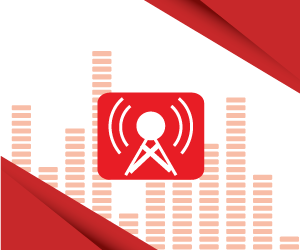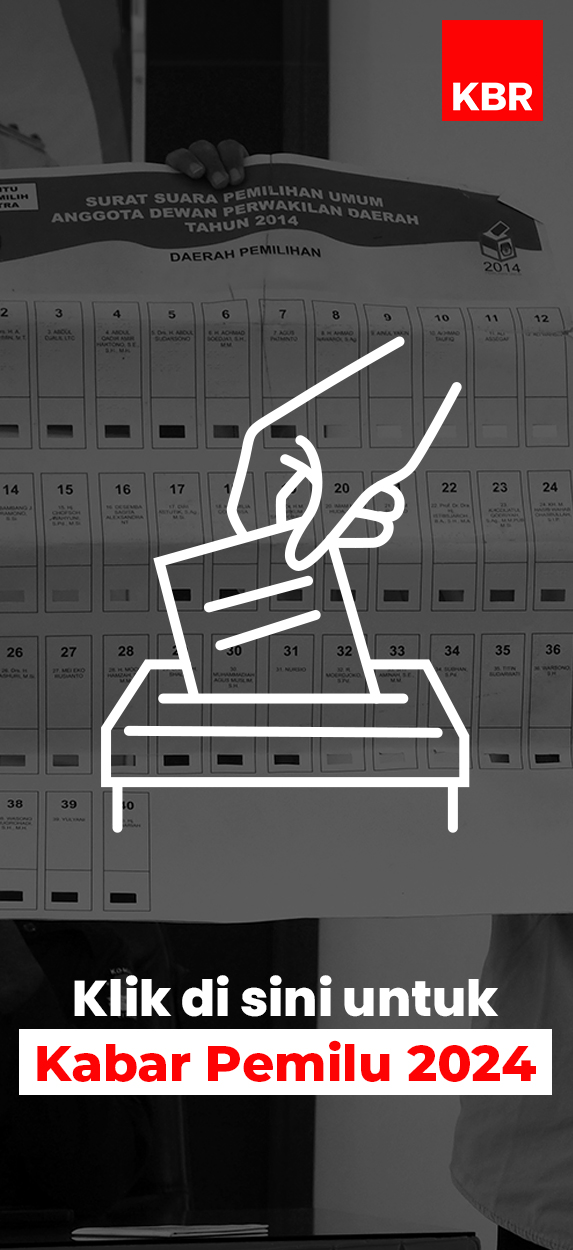When 40-year-old government employee Danial Ahmed has problems with his teeth, he goes to a quack on the streets of Rawalpindi.
“The price of dental treatment is expensive. I cannot afford it. These quacks offer cheap treatment. For just a few hundred rupees, we can get relief from toothache and other oral infections.”
Quacks can easily be found by the roadside – they sit on the street or in a small kiosk.
Patients are treated on the spot.
According to the government, there are over 600 thousand quacks practising across Pakistan.
They claim they can treat anything from minor dental problems to deadly diseases... and they’re doing it without authorized medical degrees.
Many poor people prefer going to quacks than to real doctors – as private practices and clinics charge a hefty amount of money.
50-year-old Ahmed Khan is sitting on the pavement in the busiest square in Rawalpindi.
He has been treating patients here for the last two decades.
He’s well known amongst his patients for treating all kinds of complaints – from headaches to dental problems.
He gets two to three dozen patients a day.
“I’m experienced in doing this job. I have treated hundreds of patients each day. The majority of them get relief after my treatment. Otherwise why would they visit me?”
Most of their patients are from poor families and cannot afford a regular doctor’s fee.
Quacks charge as little as 1 US dollar and provide cheap medicine.
Senior doctor, Dr Muhammad Nawaz Khokar, is concerned about the practice.
“They’re playing with the lives of innocent people. And they have no expertise in diseases. They use unsterilized equipment, which is a major reason for the spread of diseases from one patient to another. This is how the majority of diseases are being transmitted in Pakistan.”
In 2009, the Supreme Court ordered health secretaries to take action against quackery, but so far nothing has happened.
A year later, the government passed the Healthcare Commission Act and asked all local authorities to end quackery in their districts.
But quacks often operate in rural areas that have limited medical facilities.
Dr AK Niazi is the head of the Rawalpindi District Health Office.
“We have started to crackdown against them, but they have strong backing. There’s a law against quacks but it’s not implemented. According to the law, quacks should be put behind bars and are not eligible for bail.”
Dozens of illegal clinics have been closed down.
But examples of quacks going to jail because of what they’re doing, are still very rare.
45-year-old Muhammad Qasim Khan still regrets his decision to go to a quack.
“I went to a quack near my house for medication for my fever. But he injected me with something, and now I’ve been infected with hepatitis. I’m now undergoing treatment for this fatal disease. It’s been a lesson for me… never ever go to a quack. They could be deadly.”
Pakistan
Quacks hold no medical degree, and often give the wrong diagnosis and medication... but the poor can afford them.

INDONESIA
Sabtu, 09 Nov 2013 13:17 WIB


Pakistan, fake doctor, quack, health, Malik Ayub Sumbal
Kirim pesan ke kami
WhatsappRecent KBR Prime Podcast
Kabar Baru Jam 7
Strategi Perempuan Pengemudi Ojol Mengatasi Cuaca Ekstrem (Bag.4)
Arab Saudi Bangun Taman Hiburan Bertema Minyak di Tengah Laut
Menguji Gagasan Pangan Cawapres
Mahfud MD akan Mundur dari Menkopolhukam, Jokowi: Saya Sangat Hargai




